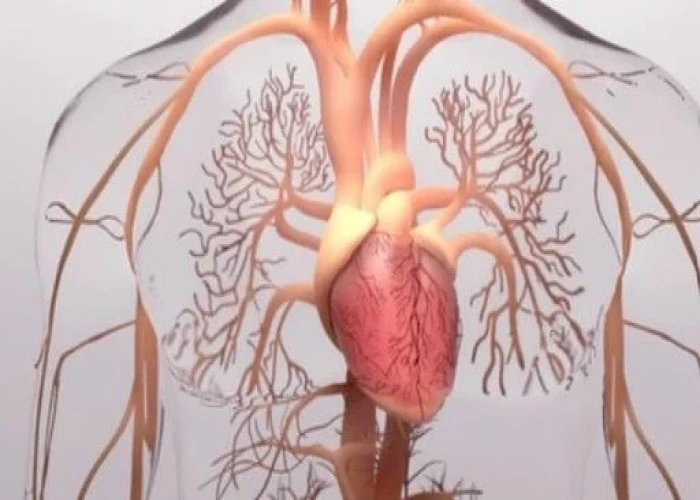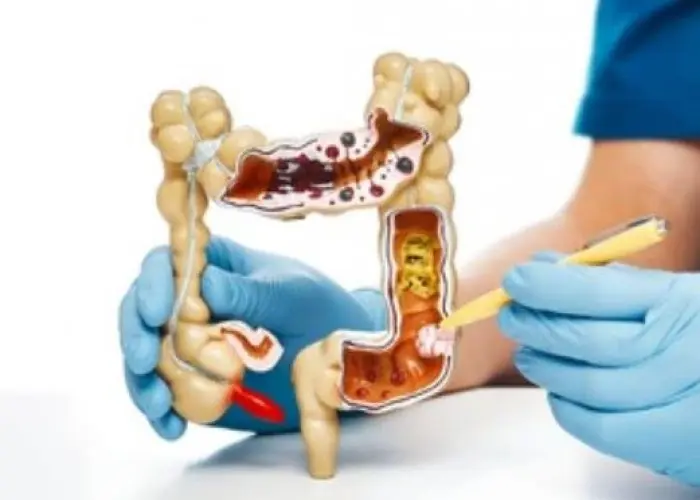 Welcome
Welcome
“May all be happy, may all be healed, may all be at peace and may no one ever suffer."
Chronic fatigue syndrome

Chronic fatigue syndrome (CFS), also known as myalgic encephalomyelitis (ME), is a complex, debilitating medical condition characterized by severe fatigue that does not improve with rest and is not the result of underlying medical conditions. Other common symptoms of CFS may include difficulty concentrating, muscle pain and weakness, joint pain, headaches, and sleep disturbances. The cause of CFS is not well understood, but it may be related to viral infections, immune system dysfunction, or neurological and hormonal imbalances. Treatment for CFS focuses on managing symptoms and improving overall quality of life, and may involve medications, cognitive behavioral therapy, and lifestyle changes, such as rest and exercise. It is important to see a healthcare provider if you are experiencing symptoms of CFS to receive an accurate diagnosis and appropriate treatment.
Research Papers
Disease Signs and Symptoms
- Fatigue (Tiredness)
- Dizziness that worsens with moving from lying down or sitting to standing
- Dizziness (vertigo)
- Muscle pain
- Joint pain
- Enlarged lymph nodes
- Headaches
- Sore throat
- Memory loss
- Extreme exhaustion after physical or mental exercise
Disease Causes
Chronic fatigue syndrome
The cause of chronic fatigue syndrome is still unknown. Some people may be born with a predisposition for the disorder, which is then triggered by a combination of factors. Potential triggers include:
- Viral infections. Because some people develop chronic fatigue syndrome after having a viral infection, researchers question whether some viruses might trigger the disorder. Suspicious viruses include the Epstein-Barr virus, human herpes virus 6. No conclusive link has yet been found.
- Immune system problems. The immune systems of people who have chronic fatigue syndrome appear to be impaired slightly, but it's unclear if this impairment is enough to actually cause the disorder.
- Hormonal imbalances. People who have chronic fatigue syndrome also sometimes experience abnormal blood levels of hormones produced in the hypothalamus, pituitary glands or adrenal glands. But the significance of these abnormalities is still unknown.
- Physical or emotional trauma. Some people report that they experienced an injury, surgery or significant emotional stress shortly before their symptoms began.
Disease Prevents
Disease Treatments
There is no cure for chronic fatigue syndrome. Treatment focuses on symptom relief. The most disruptive or disabling symptoms should be addressed first.
Medications
Some problems associated with chronic fatigue syndrome can be improved with either prescription or over-the-counter medications. Examples include:
- Depression. Many people with long-term health problems, such as chronic fatigue syndrome, are also depressed. Treating your depression can make it easier for you to cope with the problems associated with chronic fatigue syndrome. Low doses of some antidepressants can also help improve sleep and relieve pain.
- Orthostatic intolerance. Some people with chronic fatigue syndrome, particularly adolescents, feel faint or nauseated when they stand or sit upright. Medications to regulate blood pressure or heart rhythms may be helpful.
- Pain. If over-the-counter medications such as ibuprofen (Advil, Motrin IB, others) and naproxen sodium (Aleve) don't help enough, prescription drugs sometimes used to treat fibromyalgia might be options for you. These include pregabalin (Lyrica), duloxetine (Cymbalta), amitriptyline or gabapentin (Neurontin).
Therapy
Many people with chronic fatigue syndrome benefit from:
- Counseling. Talking with a counselor can help build coping skills to deal with chronic illness, address limitations at work or school, and improve family dynamics. It can also be helpful for managing depression.
- Addressing sleep problems. Sleep deprivation can make other symptoms more difficult to deal with. Your doctor might suggest avoiding caffeine or changing your bedtime routine. Sleep apnea can be treated by using a machine that delivers air pressure through a mask while you sleep.
- Exercise. Aggressive exercise regimens often lead to worsened symptoms, but maintaining activities that are tolerated is important to prevent deconditioning. Exercise regimens that start at a very low intensity and increase very gradually over time may be helpful in improving long-term function.
Post-exertional malaise
People with chronic fatigue syndrome have a worsening of their symptoms after physical, mental or emotional effort. This is called post-exertional malaise and it can last for days or weeks after the exertion.
People who experience post-exertional malaise often struggle to find a good balance between activity and rest. The goal is to remain active without overdoing it.
You may want to keep a daily diary of your activities and symptoms, so you can track how much activity is too much for you. This may help you avoid pushing too hard on the days you feel good, which can result in a "crash" where you feel much worse later.
Disease Diagnoses
Disease Allopathic Generics
Disease Ayurvedic Generics
Disease Homeopathic Generics
Disease yoga
Chronic fatigue syndrome and Learn More about Diseases

Shellfish allergy

Liver cancer

Pulmonary hypertension

Vulvar cancer

Cold sore

Colon cancer

Alpha-gal syndrome

Broken nose
Chronic fatigue syndrome, Exertional compartment syndrome, দীর্ঘস্থায়ী ক্লান্তি সিন্ড্রোম
To be happy, beautiful, healthy, wealthy, hale and long-lived stay with DM3S.
